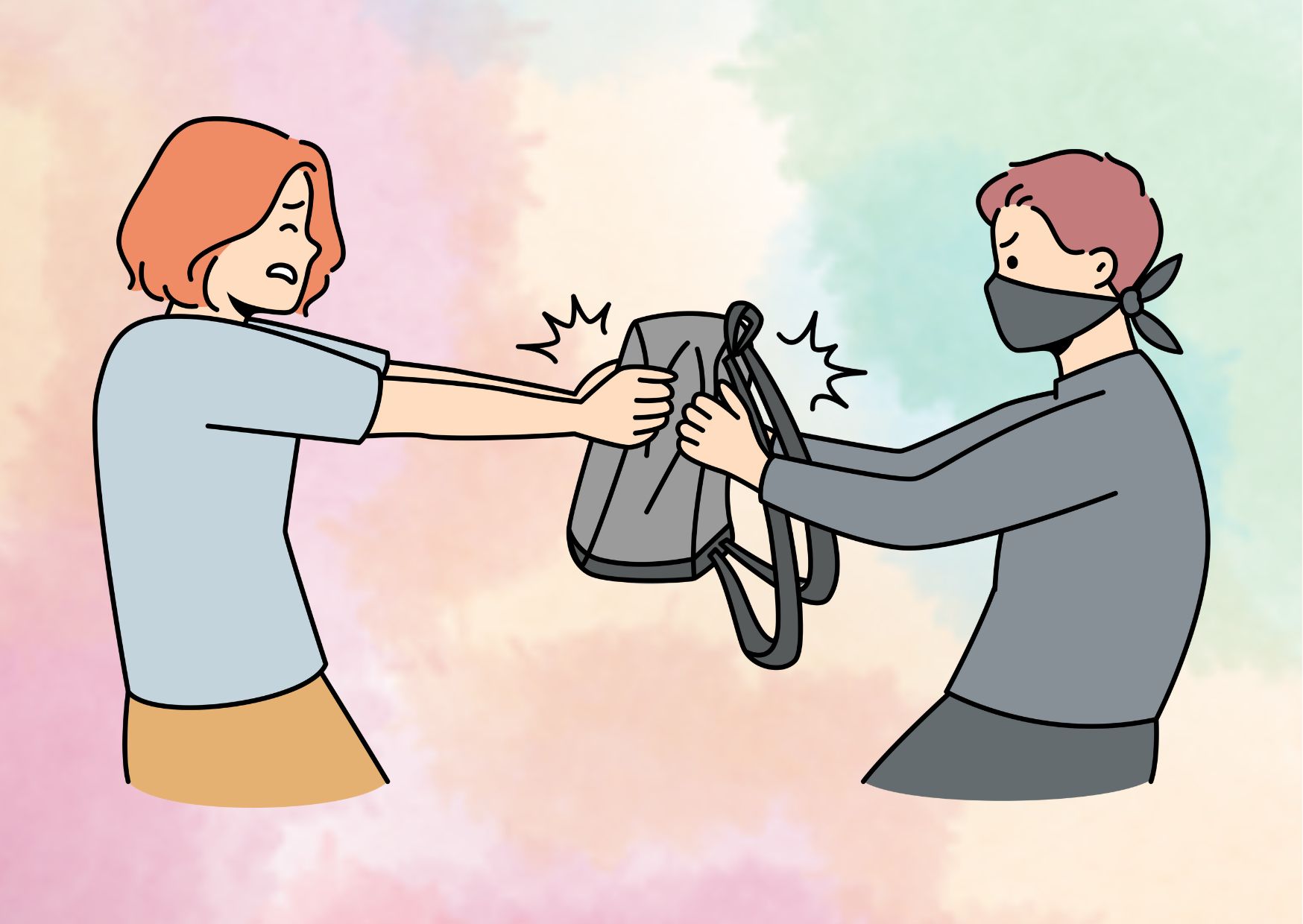The Mind of a Kleptomaniac: An In-Depth Look at Compulsive Stealing
The enigmatic compulsion to steal, known as kleptomania, is a perplexing mental health disorder that plagues many individuals. A kleptomaniac experiences an overwhelming, irresistible urge to steal items they don’t need, often of little value. This impulse control disorder manifests as a cycle of mounting tension before stealing, followed by a fleeting sense of relief or gratification, only to be engulfed by profound shame and remorse afterwards.
Kleptomaniac disorder, a form of addictive behavior, is relatively uncommon, affecting an estimated 0.3% to 0.6% of the U.S. population, yet it accounts for a staggering 4-5% of shoplifting cases. This article delves into the intricate world of kleptomaniacs, exploring the telltale symptoms, underlying causes, brain mechanisms, diagnostic criteria, and effective treatment approaches to manage this perplexing condition.
Symptoms and Signs of Kleptomaniacs
The primary symptom of kleptomania is an overwhelming, irresistible urge or need to steal items, even though the individual does not require those items or value them significantly. This compulsive behavior is often accompanied by a series of distinct signs and experiences:
- Mounting Tension and Anticipation: People with kleptomaniac disorder frequently experience a building sense of tension or anticipation before engaging in the act of stealing. This feeling intensifies until the theft occurs.
- Temporary Relief or Pleasure: Immediately after stealing, individuals with kleptomania may experience a fleeting sense of relief, pleasure, or other positive emotions. However, these feelings are short-lived.
- Guilt, Shame, and Regret: Once the initial positive emotions dissipate, most kleptomaniacs are consumed by profound feelings of guilt, shame, and regret over their actions.
- Impulsive and Unplanned Behavior: The stealing is typically unplanned and impulsive, with the individual acting alone and often keeping their compulsive behavior a secret, even from close family members or spouses.
- Peculiar Treatment of Stolen Items: Some kleptomaniacs may discard stolen items, give them away, donate them to charity, or even secretly return or pay for them later. Others may hoard the stolen items without using them.
- Lack of Necessity or Malice: The act of stealing is not driven by necessity, anger, or a desire for revenge. Instead, it stems from an intense, uncontrollable urge.
- Cyclical Pattern: The urge to steal can fluctuate in intensity over time, with periods of heightened compulsion alternating with periods of relative calm.
- Awareness of Wrongdoing: Despite their actions, individuals with kleptomania typically recognize that stealing is wrong and senseless, yet they feel powerless to resist the urge.
It is crucial to note that kleptomaniac disorder is distinct from ordinary shoplifting, which is often motivated by personal gain, peer pressure, or rebellion. Kleptomania is a recognized mental health disorder characterized by a persistent, uncontrollable urge to steal, accompanied by a complex set of emotional and behavioral symptoms.
Causes and Risk Factors
Neurological Factors
The exact cause of kleptomaniac disorder remains elusive, but research suggests that it may be linked to imbalances in the brain’s neurochemical systems, particularly those involving neurotransmitters like serotonin, dopamine, and opioids. These neurotransmitters play crucial roles in regulating impulse control, reward processing, and emotional regulation, all of which are implicated in the development of kleptomania.
- Serotonin Imbalance: Low levels of serotonin, a neurotransmitter associated with mood regulation and impulse control, have been observed in individuals with kleptomania. This imbalance may contribute to the diminished ability to resist the urge to steal.
- Dopamine Dysregulation: Dopamine is a neurotransmitter involved in the brain’s reward and pleasure pathways. Abnormalities in dopamine signaling may lead to an altered perception of the rewarding effects of stealing, reinforcing the compulsive behavior.
- Opioid System Disruption: The opioid system, responsible for modulating pain, pleasure, and emotional responses, has also been implicated in kleptomania. Disruptions in this system may contribute to the temporary relief or pleasure experienced after stealing.
Comorbid Mental Health Conditions
In some cases, kleptomaniac disorder may be a symptom or manifestation of other underlying mental health conditions, such as:
| Condition | Potential Link |
| Anxiety Disorders | Kleptomania may be a coping mechanism for managing anxiety or stress. |
| Depressive Disorders | Impulsive behaviors like kleptomania can be associated with depression. |
| Substance Use Disorders | Substance abuse can impair impulse control and increase the risk of kleptomania. |
| Obsessive-Compulsive Disorder (OCD) | Kleptomania shares similarities with OCD in terms of intrusive thoughts and compulsive behaviors. |
It is important to note that while these factors may contribute to the development of kleptomania, the disorder is complex, and its etiology likely involves an interplay of genetic, neurobiological, and environmental factors.
Brain Mechanisms
Neuroimaging Studies
Neuroimaging techniques, such as functional magnetic resonance imaging (fMRI) and positron emission tomography (PET), have provided valuable insights into the brain mechanisms underlying kleptomaniac disorder. These studies have identified several brain regions and neural pathways that appear to be dysregulated in individuals with this disorder.
- Prefrontal Cortex Abnormalities:
- The prefrontal cortex plays a crucial role in decision-making, impulse control, and emotional regulation.
- Individuals with kleptomania have shown reduced activity and structural abnormalities in the prefrontal cortex, particularly in the orbitofrontal and ventromedial regions.
- These abnormalities may contribute to the impaired ability to resist the urge to steal and the difficulty in evaluating the consequences of their actions.
- Limbic System Dysregulation:
- The limbic system, which includes structures like the amygdala and hippocampus, is involved in emotional processing, reward processing, and memory formation.
- Neuroimaging studies have revealed altered activity patterns in the limbic system of kleptomaniacs, particularly in the amygdala and anterior cingulate cortex.
- These abnormalities may be associated with the temporary relief or pleasure experienced after stealing, as well as the intense feelings of guilt and remorse that follow.
- Disrupted Reward Pathways:
- The mesolimbic dopamine pathway, which includes the ventral tegmental area (VTA) and the nucleus accumbens, is a key component of the brain’s reward system.
- Individuals with kleptomaniac disorder have shown heightened activity in this pathway during the anticipation and commission of stealing, suggesting an altered perception of the rewarding effects of the behavior.
- Impaired Impulse Control Circuits:
- The fronto-striatal circuits, involving the prefrontal cortex and the striatum (caudate nucleus and putamen), play a crucial role in impulse control and decision-making.
- Abnormalities in these circuits have been observed in kleptomaniacs, potentially contributing to the impaired ability to resist the urge to steal.
Neurotransmitter Imbalances
In addition to structural and functional brain abnormalities, imbalances in specific neurotransmitter systems have also been implicated in the pathophysiology of kleptomania.
| Neurotransmitter | Potential Role |
| Serotonin | Low serotonin levels may contribute to impaired impulse control and mood dysregulation. |
| Dopamine | Dysregulation of dopamine signaling may alter the perception of reward and pleasure associated with stealing. |
| Norepinephrine | Imbalances in norepinephrine levels may influence emotional regulation and stress responses. |
| Opioids | Disruptions in the opioid system may be linked to the temporary relief or pleasure experienced after stealing. |
It is important to note that the brain mechanisms underlying kleptomania are complex and likely involve interactions between multiple neural circuits, neurotransmitter systems, and genetic and environmental factors. Further research is needed to fully understand the intricate neurobiological underpinnings of this disorder.
Diagnosis Criteria
The diagnosis of kleptomania is primarily based on the presence of specific symptoms and their impact on an individual’s life. The process typically involves a comprehensive evaluation, including a physical examination, psychological assessment, and the application of the criteria outlined in the Diagnostic and Statistical Manual of Mental Disorders (DSM-5).
Key Diagnostic Criteria
According to the DSM-5, the key diagnostic criteria for kleptomaniacs include:

